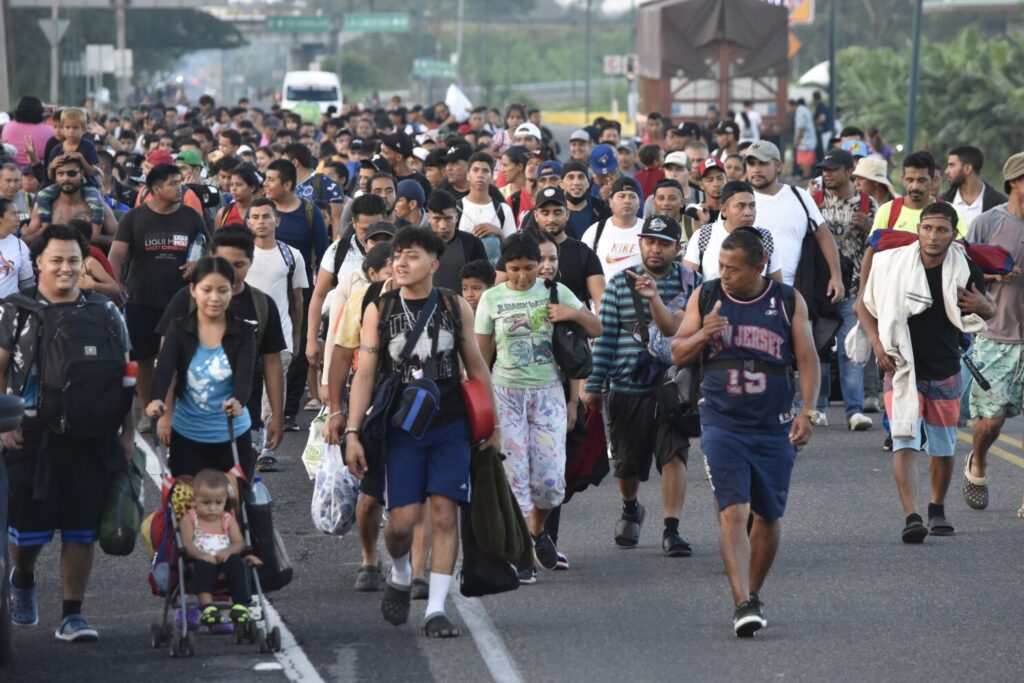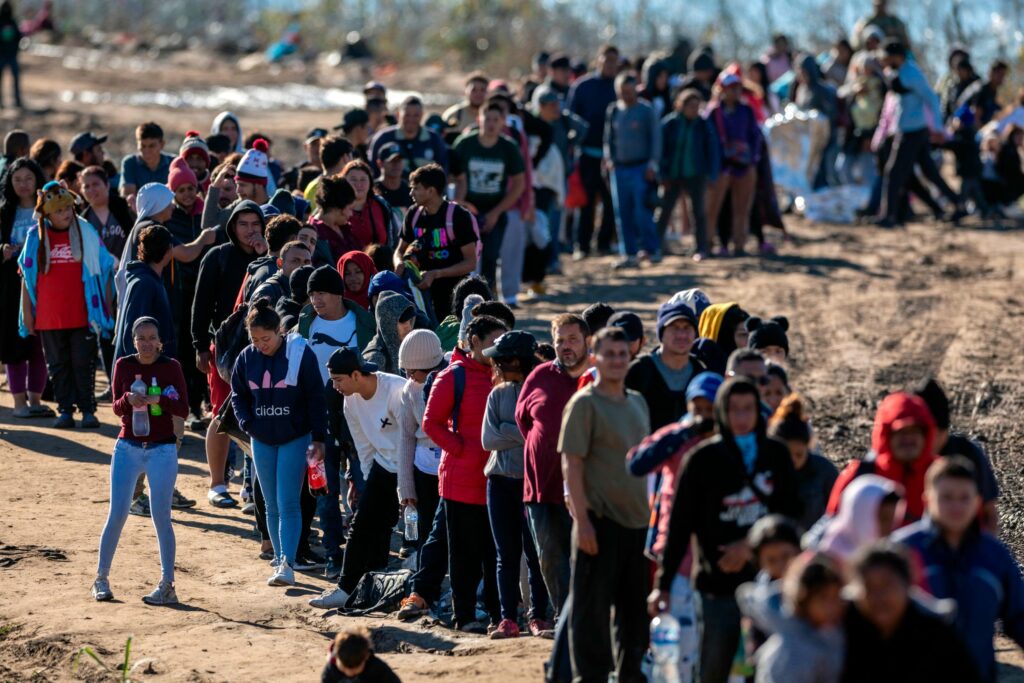A caravan of about 2,000 migrants has embarked on a journey from Mexico’s southern border towards the United States, just weeks before the U.S. presidential election where immigration remains a pivotal issue. This exodus, the third and largest since the inauguration of Mexico’s new President Claudia Sheinbaum, highlights the ongoing challenges in managing migration flows in the region.

Many migrants, including Venezuelan Joel Zambrano, expressed concerns about potential changes to U.S. asylum policies following the election. Zambrano fears a new administration might end the CBP One system, which currently allows migrants to schedule asylum appointments online.
The departure of this group is attributed to two main factors: a lack of job opportunities in southern Mexico due to an influx of new migrants, and delays in U.S. asylum appointment processing. Roberto Domínguez, a 48-year-old Honduran migrant, cited the difficult situation in his home country and the limitations of documentation in Tapachula as reasons for joining the caravan.
Activist Luis García Villagrán estimates that approximately 40,000 migrants are currently stranded in southern Mexico. This situation underscores the complex challenges facing both Mexican and U.S. authorities in managing migration flows and addressing the needs of those seeking asylum.

The timing of this caravan, so close to the U.S. presidential election, adds a layer of political significance to the ongoing migration issue. It remains to be seen how this development might influence the political discourse surrounding immigration in both countries.
President Sheinbaum has thus far maintained the immigration policies established by her predecessor, Andrés Manuel López Obrador. However, the increasing frequency and size of migrant caravans may put pressure on her administration to reassess these policies.
As the caravan progresses northward, it will likely draw attention from both sides of the border, potentially impacting discussions on immigration policy and bilateral relations between Mexico and the United States in the lead-up to the U.S. election.



